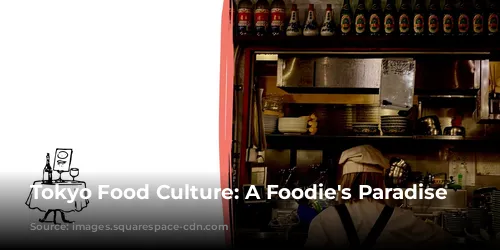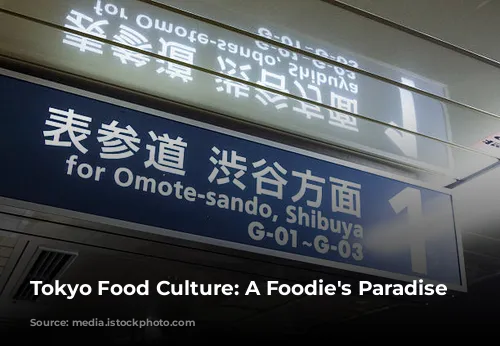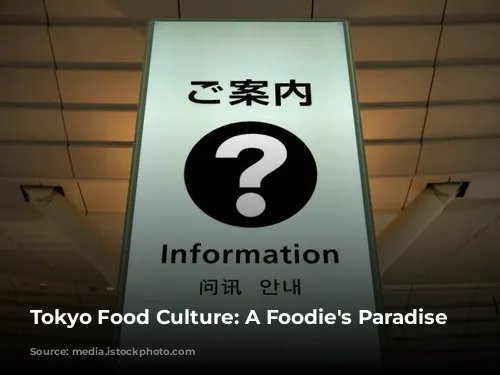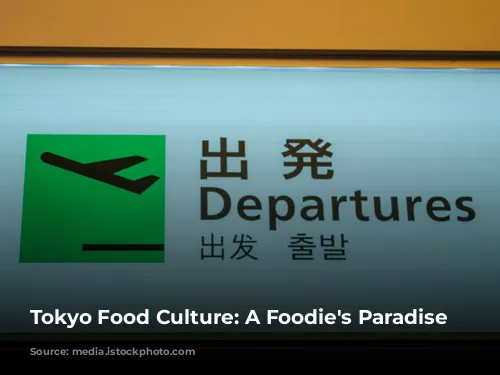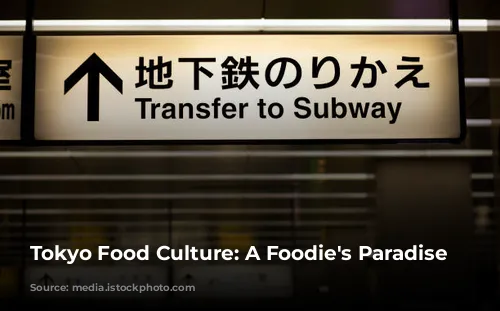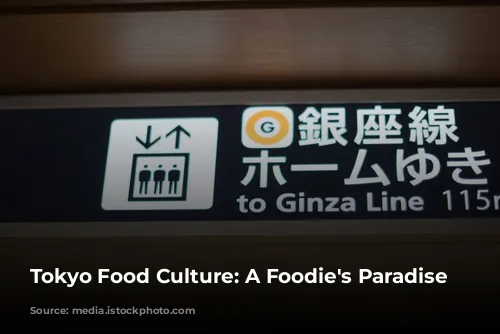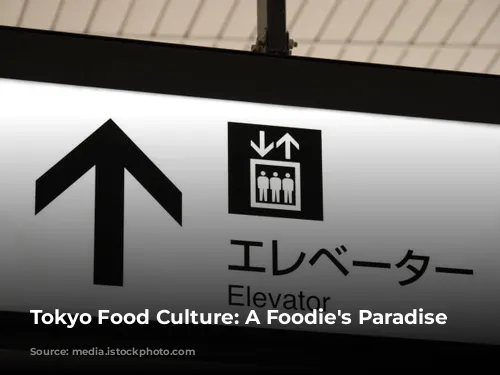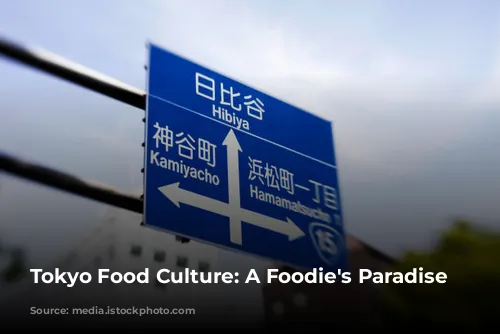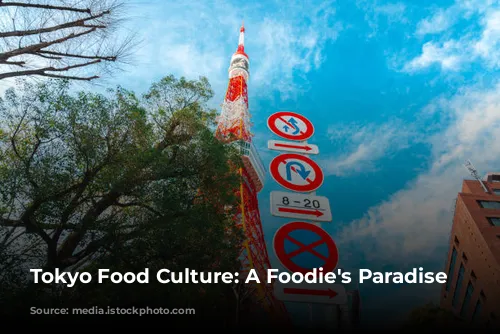Tokyo is a city that truly celebrates food. It’s a wonderland of amazing dishes, each more enticing than the last. To fully immerse yourself in this vibrant culinary scene, you need to learn a few insider tips.
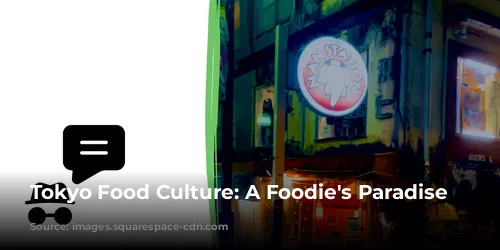
Navigating the Local Food Scene
When you first enter a restaurant, you might be greeted with a ticket machine. These handy machines are common in ramen shops and smaller eateries. Simply select your meal, pay for it, and grab the ticket that pops out. Hand this ticket to the staff, and they’ll bring your order.
If there’s no ticket machine, don’t hesitate to call over the staff when you’re ready to order. A simple wave and eye contact should do the trick. If they don’t notice you, try saying “sumimasen” (excuse me). Don’t worry, it’s completely normal in Japan.
If you need an English menu, just say “eigo menu…?” (English menu?). It’s broken Japanese, but it gets the message across.

Mastering Basic Japanese Phrases
When you’re traveling in Japan, you’ll encounter a few common phrases, particularly when paying for things. Knowing these will help you navigate interactions with ease.
One of the most frequently used phrases is “fukuro” (bag). This is often the only question you’ll hear in convenience stores and shops. If you need a bag, simply say “onegaishimasu” (please). If you don’t need one, reply with “daijoubu” (okay).
Another phrase you might hear is “pointo cardo” (point card). This is usually asked when you’re paying. If you don’t have a point card, just shake your head no.
Here are a few more essential phrases to practice:
- Daijoubu – It’s okay; I’m fine; no thank you
Remember, the “R” sound in Japanese is often pronounced like a soft “D” sound, similar to Spanish. For example, “fukuro” sounds more like “fuu-kuu-dou”.
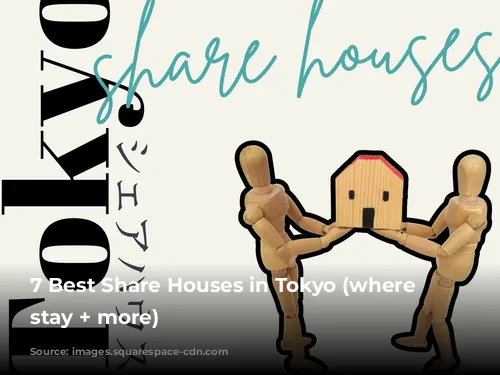
Respecting Japanese Etiquette
Japan has a rich culture of etiquette and social norms. While you may already be familiar with some of these, here are a few important ones to keep in mind:
- Avoid eating or drinking on the trains.
- Don’t eat while walking around busy streets (try to find a nearby park).
- Refrain from talking on your phone on the trains.
- If you smoke, use designated smoking areas. Don’t smoke just anywhere.
- On escalators, stand on the left side (the right side is for walking).
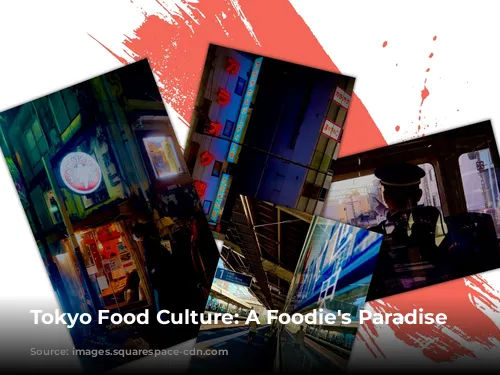
Finding a Home Away From Home in Tokyo
If you’re looking for a comfortable and affordable place to stay in Tokyo, consider share houses. These offer flexible lease terms and generally lower costs. You’ll have your own private room, with shared kitchen, shower, and restroom facilities.
Share houses are also very foreigner-friendly, catering to travelers and foreign workers. You can usually find English-speaking staff. The best part? You’ll be instantly connected to a community of other travelers and locals.
So, enjoy your trip to Tokyo! This vibrant city is a melting pot of cultures and flavors, and you’re sure to have an unforgettable experience.

